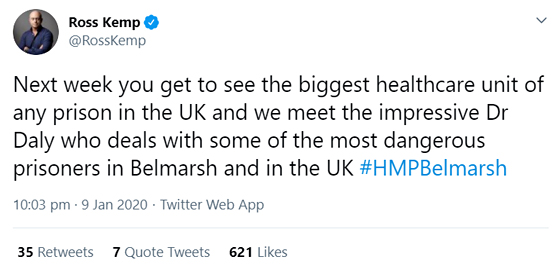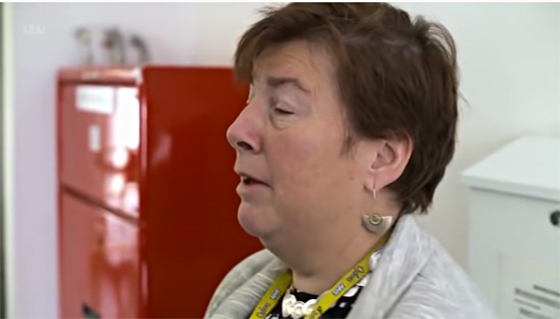It is hard to believe, but Judge Baraitser on Friday ruled that there will be no closing speeches in the Assange extradition hearing. She accepted the proposal initially put forward by counsel for the US government, that closing arguments should simply be submitted in writing and without an oral hearing. This was accepted by the defense, as they need time to address the new superseding indictment in the closing arguments, and Baraitser was not willing for oral argument to take place later than 8 October. By agreeing to written arguments only, the defense gained a further three weeks to put together the closing of their case.
But this entire hearing has been conducted in effective secrecy, a comprehensive secrecy that gives sharp insight into the politico-economic structures of current western society. Physical access to the courtroom has been extremely limited, with the public gallery cut to five people. Video link access has similarly been extremely limited, with 40 NGOs having their access cut by the judge from day 1 at the Old Bailey, including Amnesty International, PEN, Reporters without Borders and observers from the European Parliament, among many others. The state and corporate media have virtually blacked out this hearing, with a truly worrying unanimity, and despite the implications of the case for media freedom. Finally, the corporations that act as internet gatekeepers have heavily suppressed social media posts about Assange, and traffic to those few websites which are reporting.
Fact-checked this and it only took a few minutes to confirm #AssangeTrialhttps://t.co/aacYRV4h4M
— Kevin Gosztola (@kgosztola) September 27, 2020
I am reminded of the words of another friend of mine, Harold Pinter, in accepting the Nobel Prize for Literature. It seems perfectly to fit the trial of Julian Assange:
It never happened. Nothing ever happened. Even while it was happening it wasn’t happening. It didn’t matter. It was of no interest. The crimes of the United States have been systematic, constant, vicious, remorseless, but very few people have actually talked about them. You have to hand it to America. It has exercised a quite clinical manipulation of power worldwide while masquerading as a force for universal good. It’s a brilliant, even witty, highly successful act of hypnosis.
Continue reading “Assange Extradition: Important Witness for the Defense Explains Manning’s Hacks”





